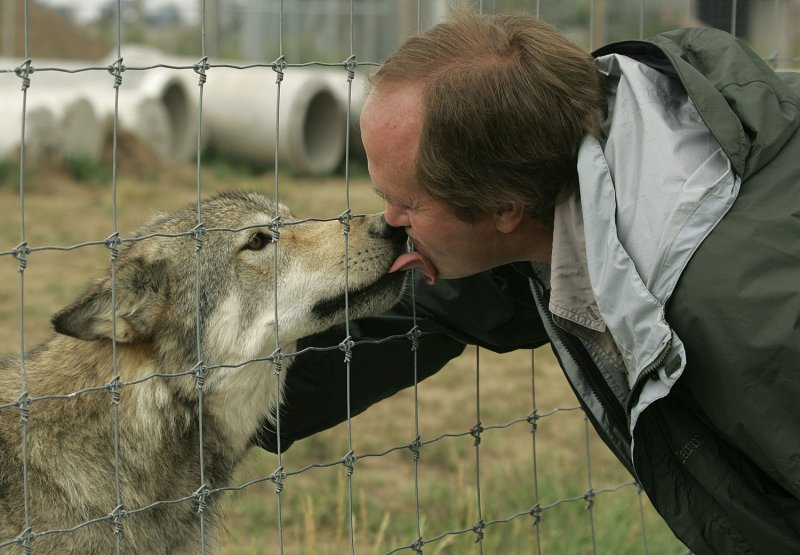CORVALLIS, Ore., Oct. 2 (UPI) -- The global decline of apex predators, such as wolves, lions and sharks, has led to a destructive surge in smaller mesopredators, scientists in Oregon said.
The mesopredators are causing major economic and ecological disruption in oceans, forests, rivers and grasslands worldwide, scientists at Oregonian State University said in a release.















